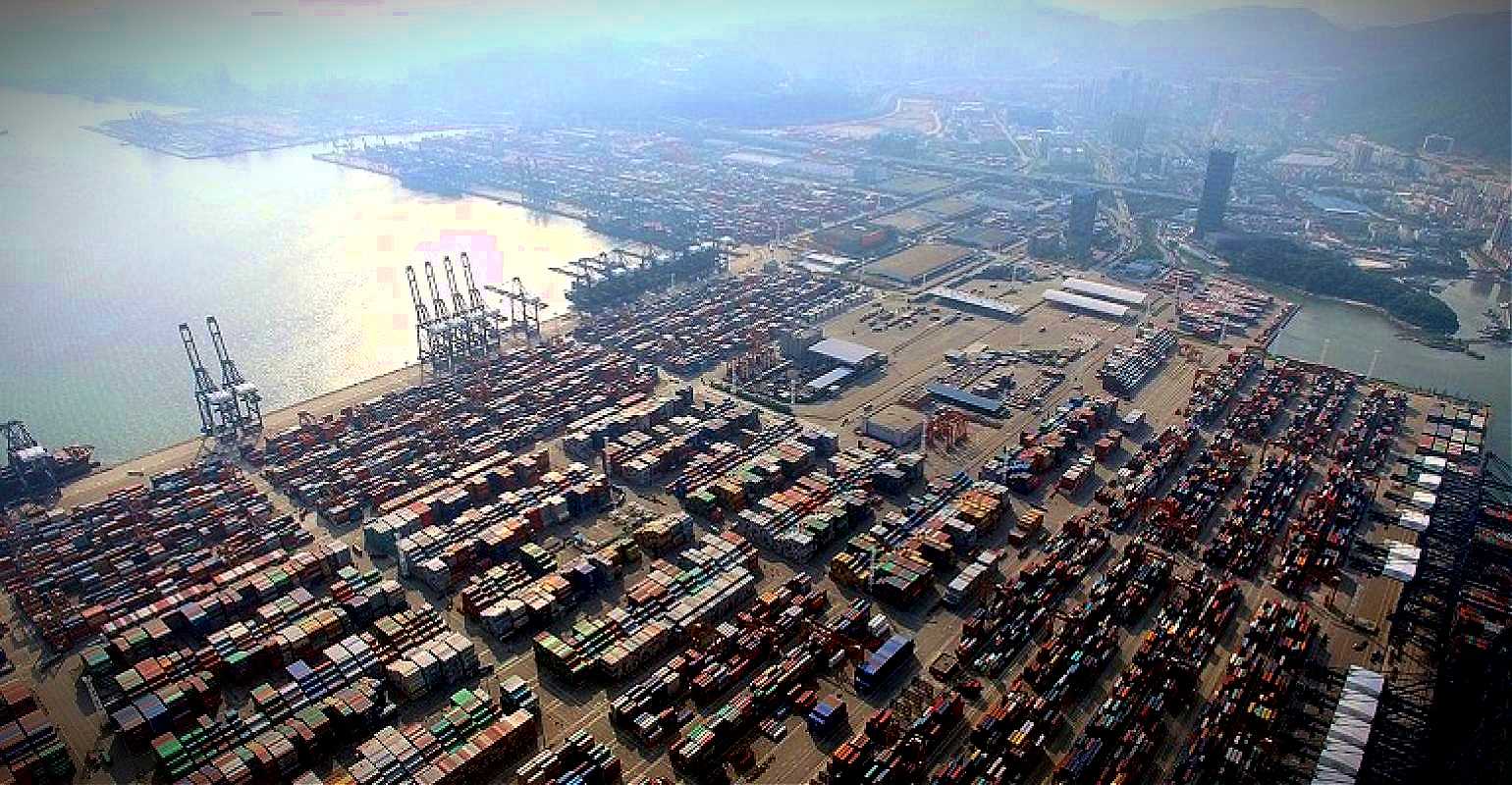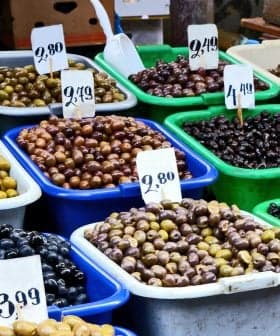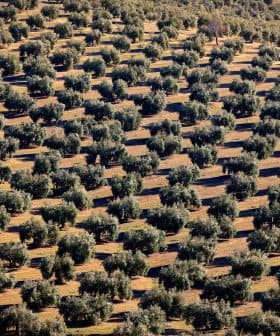Traffic Jam at World’s Fourth-Largest Port Disrupts Trade Flow

The full reopening of the Yantian port in China on June 24 may not provide immediate relief to the global supply chain, with experts predicting lasting effects into next year due to a significant backlog of container ships. The closure of the port due to a Covid-19 outbreak in May led to a disruption that surpassed the impact of the Suez Canal blockage, causing a shortage of vessel capacity and potential long-term repercussions on global trade.
The full reopening of the major port in Yantian, China, on June 24 comes as cold comfort for the global supply chain, with some predicting the aftereffects could last into next year.
New data released on July 5 by the Kiel Trade Indicator, which analyzes the flow of trade among 75 countries, reported: “almost five percent of all container ship capacities” are at this time “tied up by traffic jams” at Yantian. This was “more than in the first wave [of the Covid-19 pandemic],” it was further noted.
With an open port, you now need to deal with the full force of the normal cargo flow, and then the backlog on top of it. In this respect, I expect full normalization to take a couple of months.
The disruption at Yantian International Container Terminal, the world’s fourth-largest container port, started with a partial closure in late May. This came about when five workers in the port tested positive for Covid-19 during an outbreak in the province.
Due to the scope of the outbreak in Guangdong province and its vulnerability as a major entry point for visitors and cargo, the port only fully re-opened a month later.
See Also:Trade News“With an open port, you now need to deal with the full force of the normal cargo flow, and then the backlog on top of it,” said Lars Jensen, the CEO of the Danish-based shipping company Vespucci Maritime. “In this respect, I expect full normalization to take a couple of months.”
“There is also a capacity shortage on vessels out of Asia,” Jensen added. “This means that taking extra cargo to handle the backlog from Yantian will lead to a reduction of available capacity out of other ports in Asia — and hence the problem will be felt across the market in the coming weeks. Realistically the impact could be felt well into 2022.”
Just two weeks into the port closure, Jensen noted that the closure disrupted more containers than those affected by the Suez Canal blockage in late March.
At the time, Jensen explained during the first 14 days of the Yantian disruption, the port was unable to handle 357,000 20-foot equivalent units (TEU).
On the other hand, the Suez Canal blockage would have disrupted 330,000 TEU if it had continued for the same period. Moreover, the Yantian closure lasted two weeks longer than the Suez Canal blockage.
When he released these figures, Jensen said sharing these ballpark figures demonstrate shippers should not dismiss the extent of the expected ripple effects.
Weighing in on the matter, senior manager of container research at London-based Drewry Shipping Consultants Simon Heany said “the situation at Yantian has exacerbated existing global supply chain disruption, causing more bottlenecks in neighboring ports and terminals.”
“This has delayed the much-needed improvement in port productivity required to handle the surge in container traffic seen from the second half of 2020,” he added.









